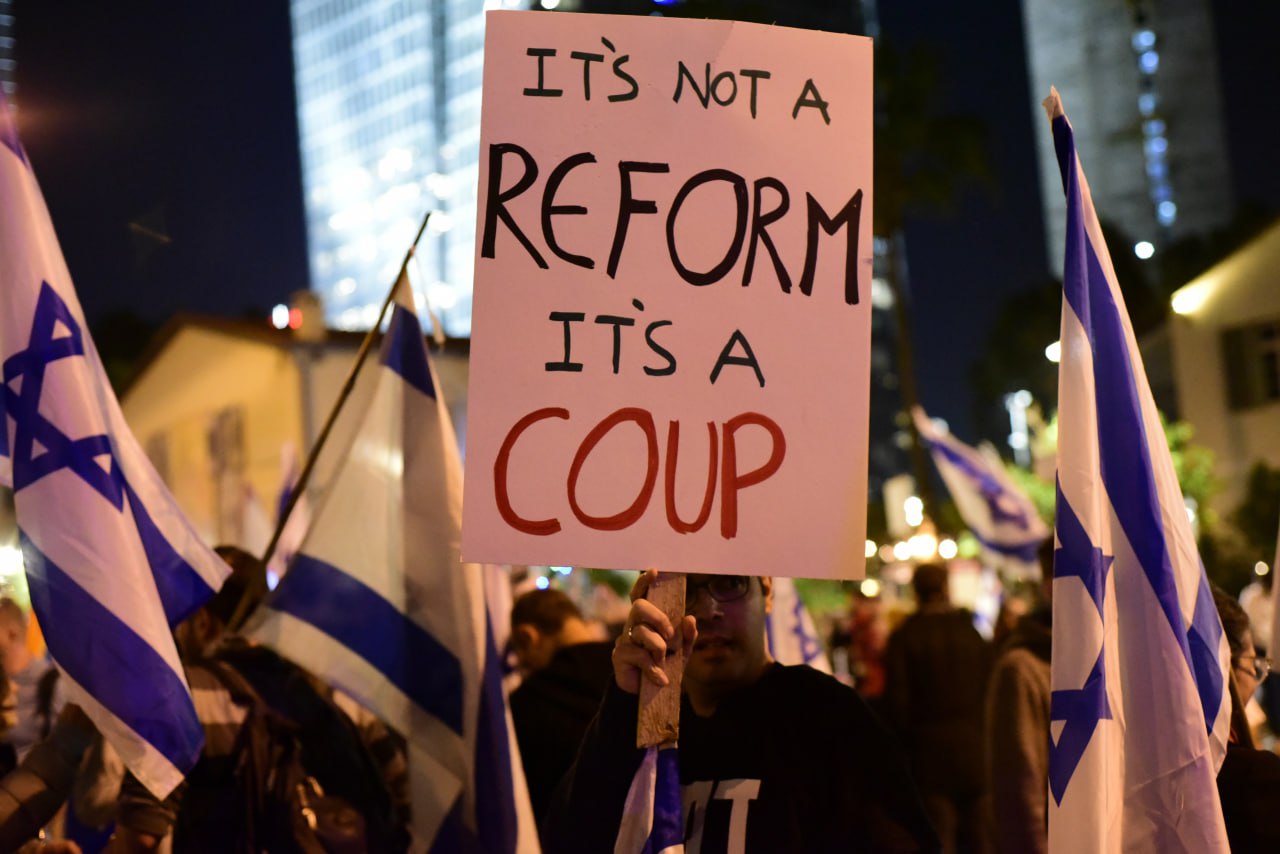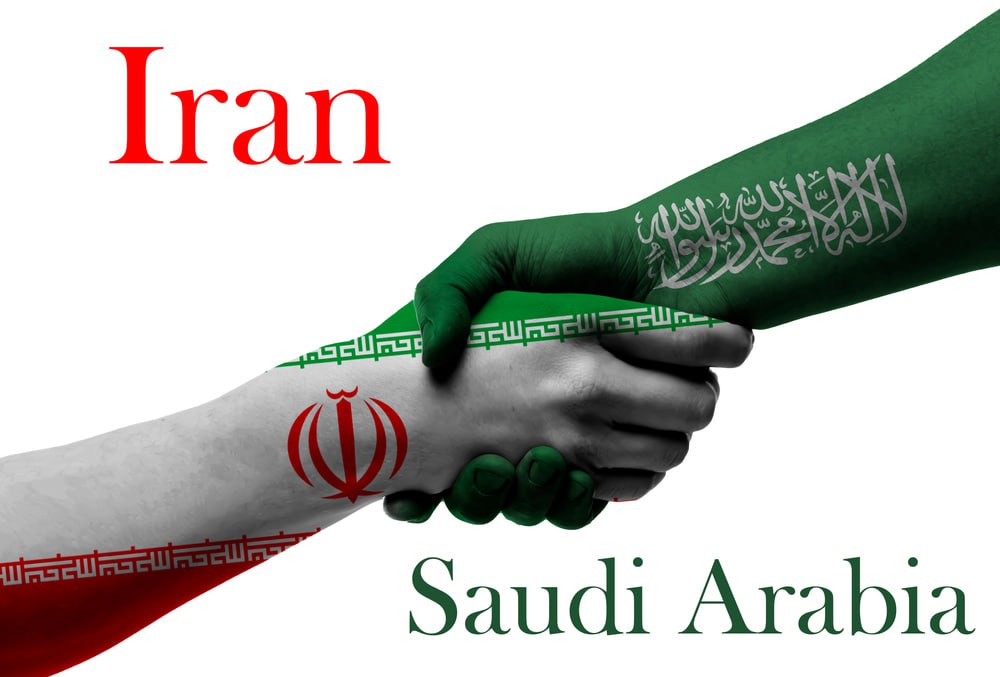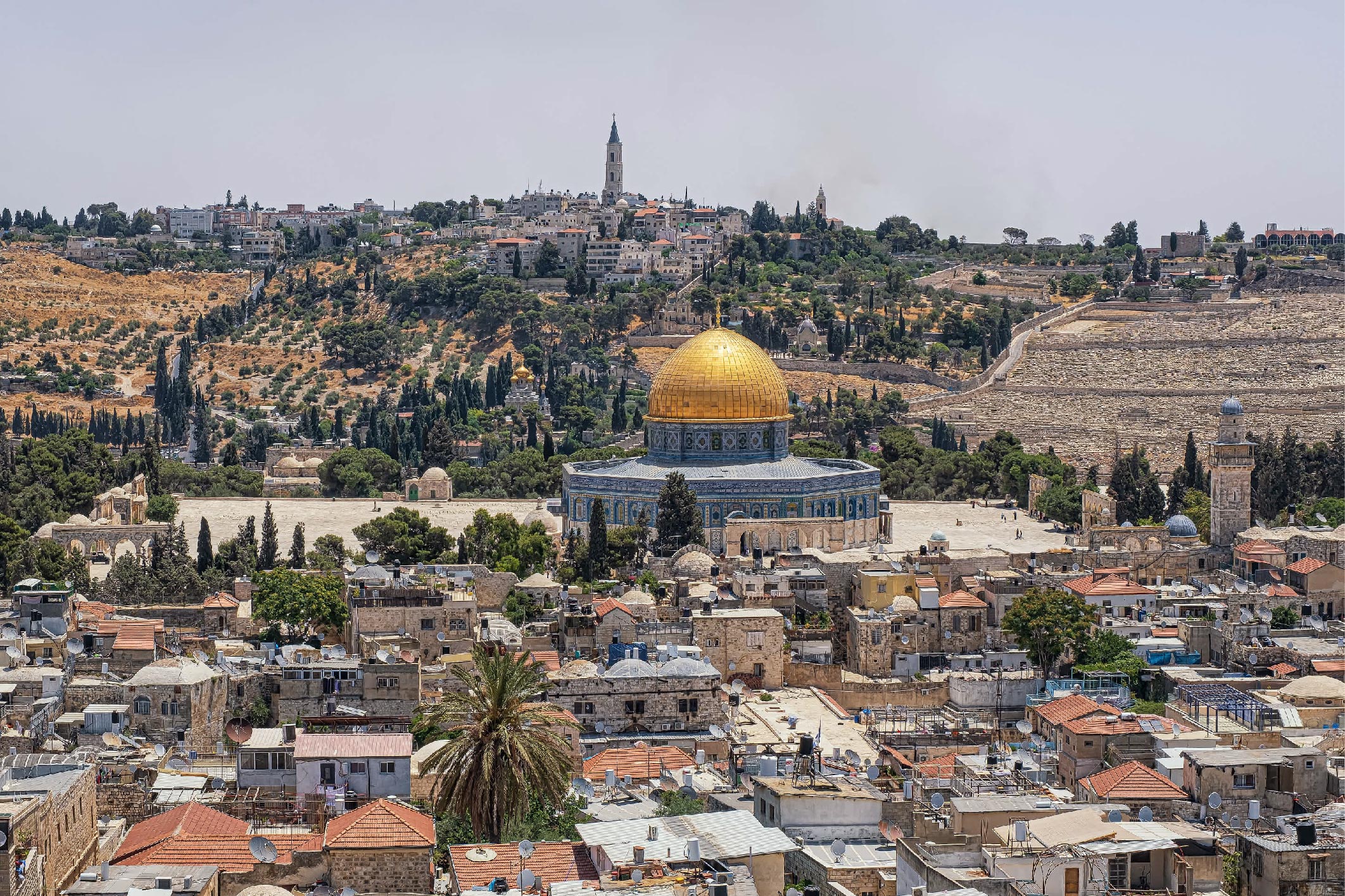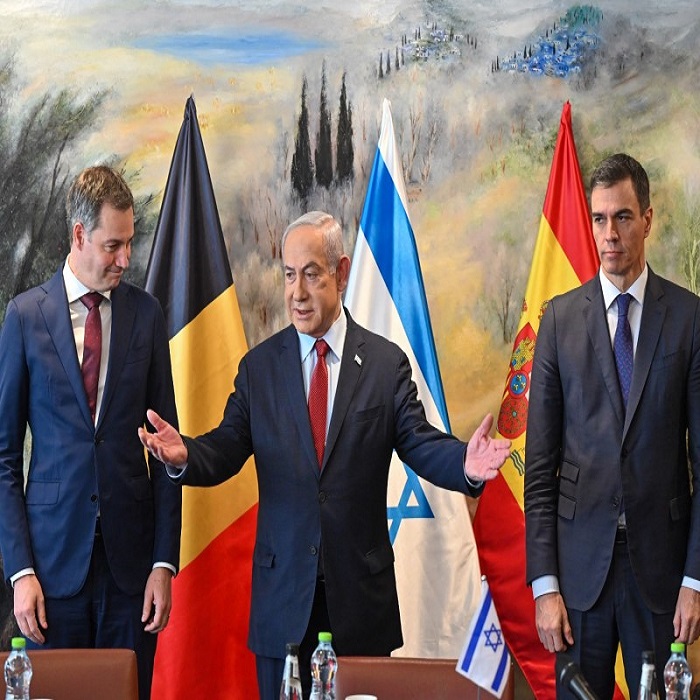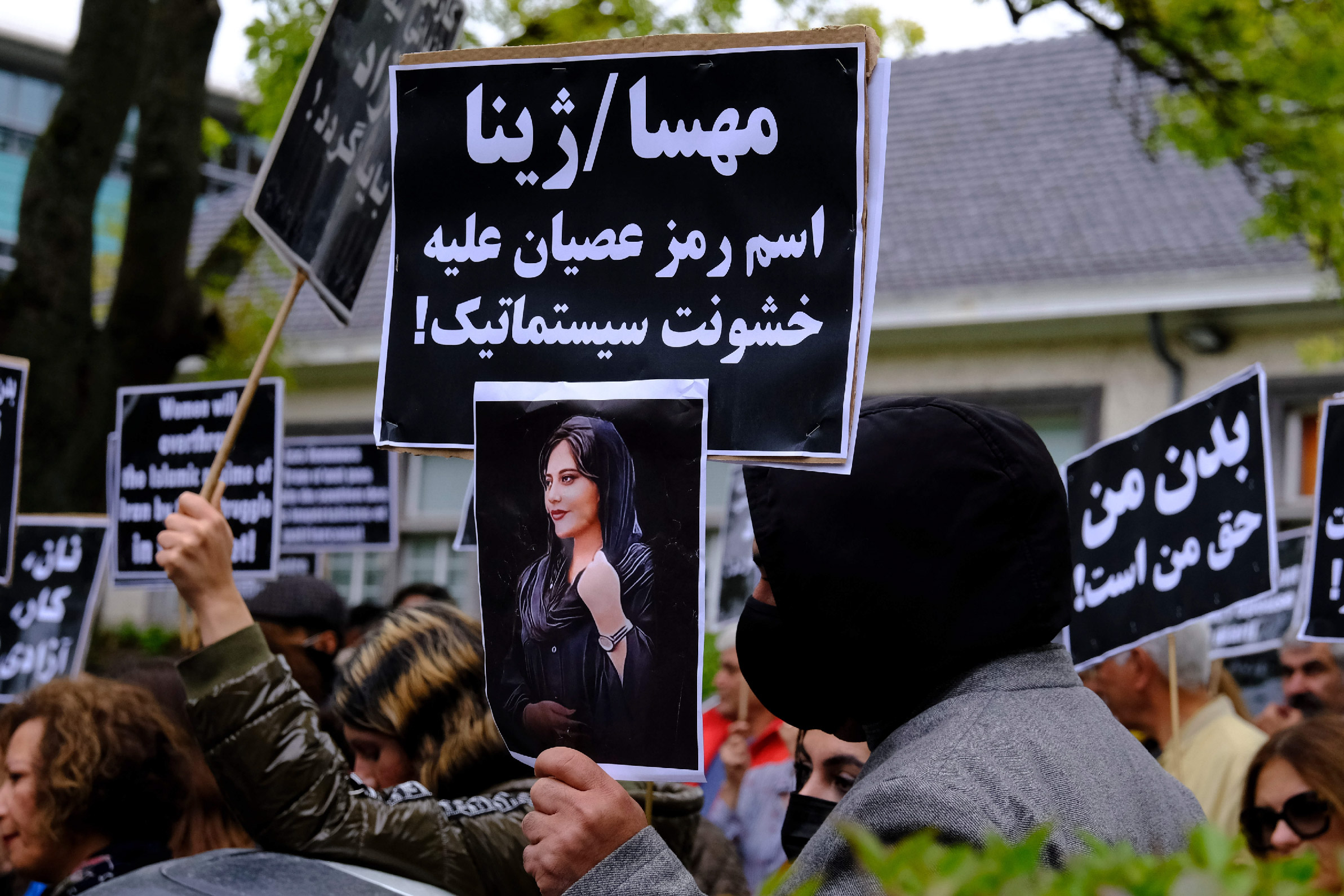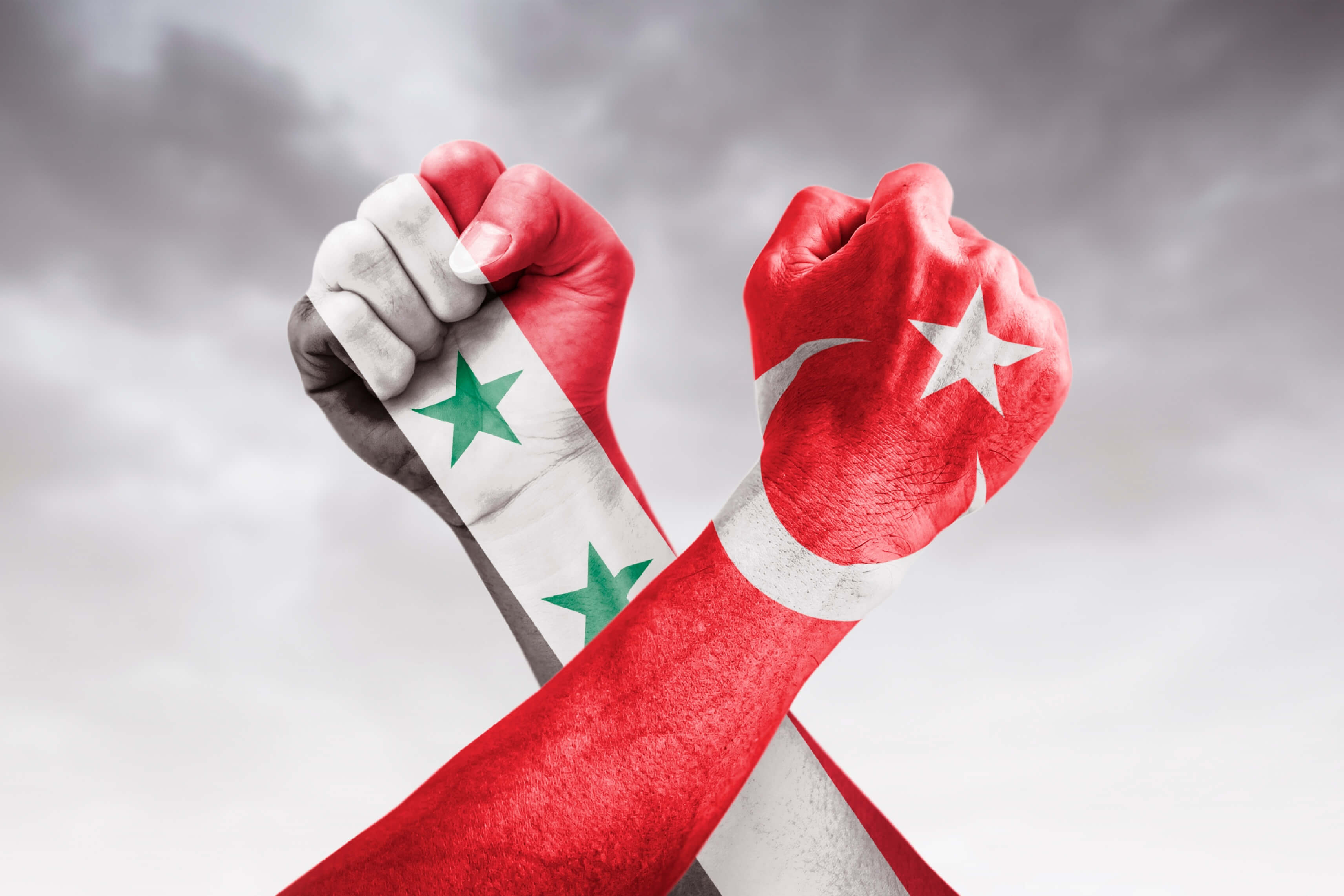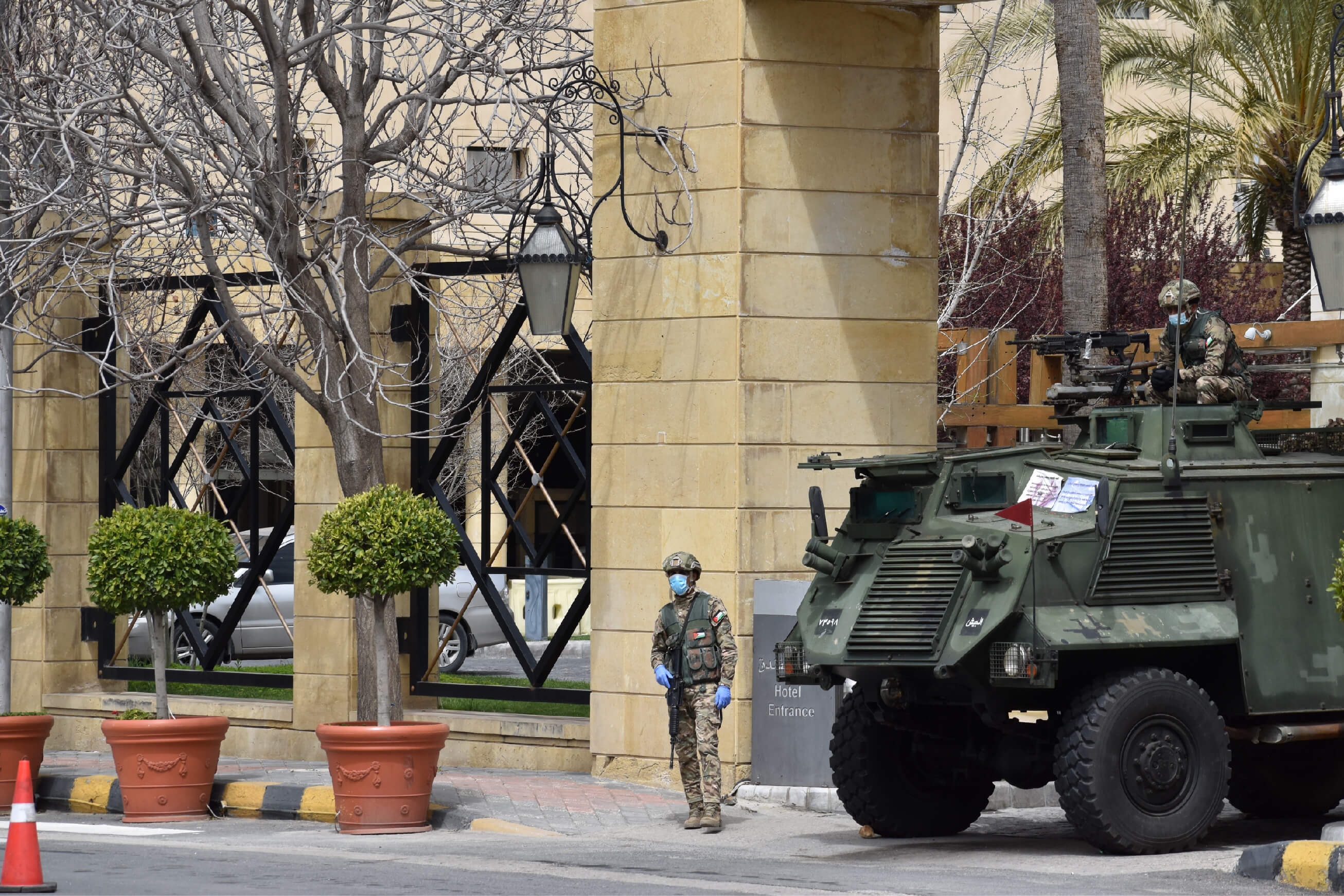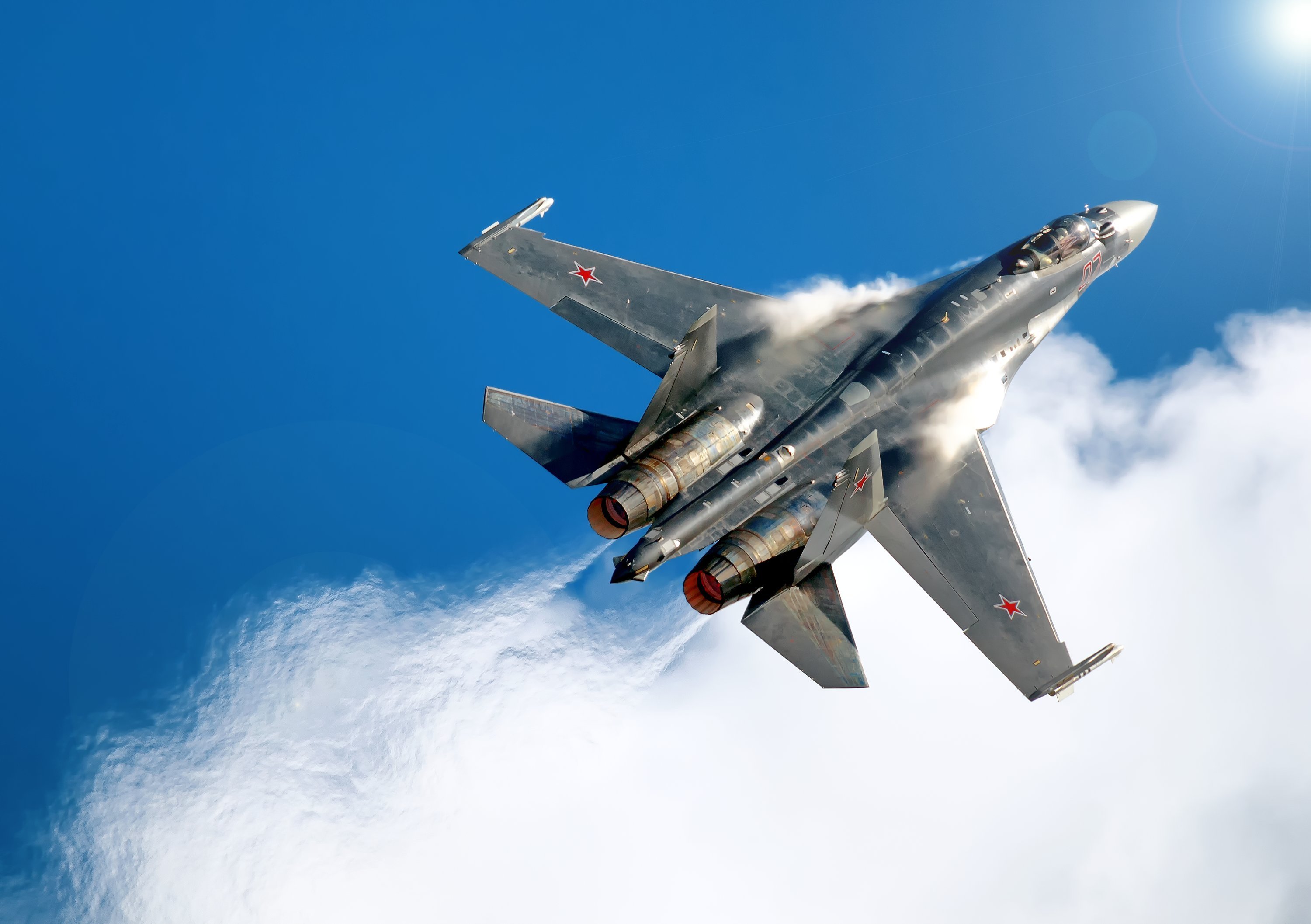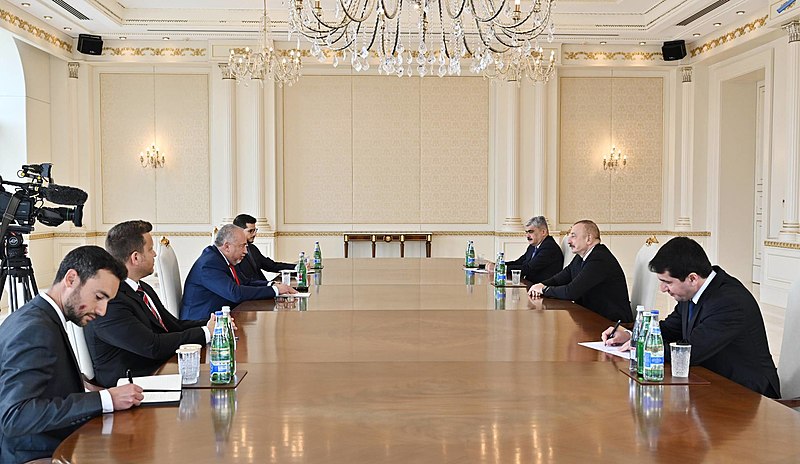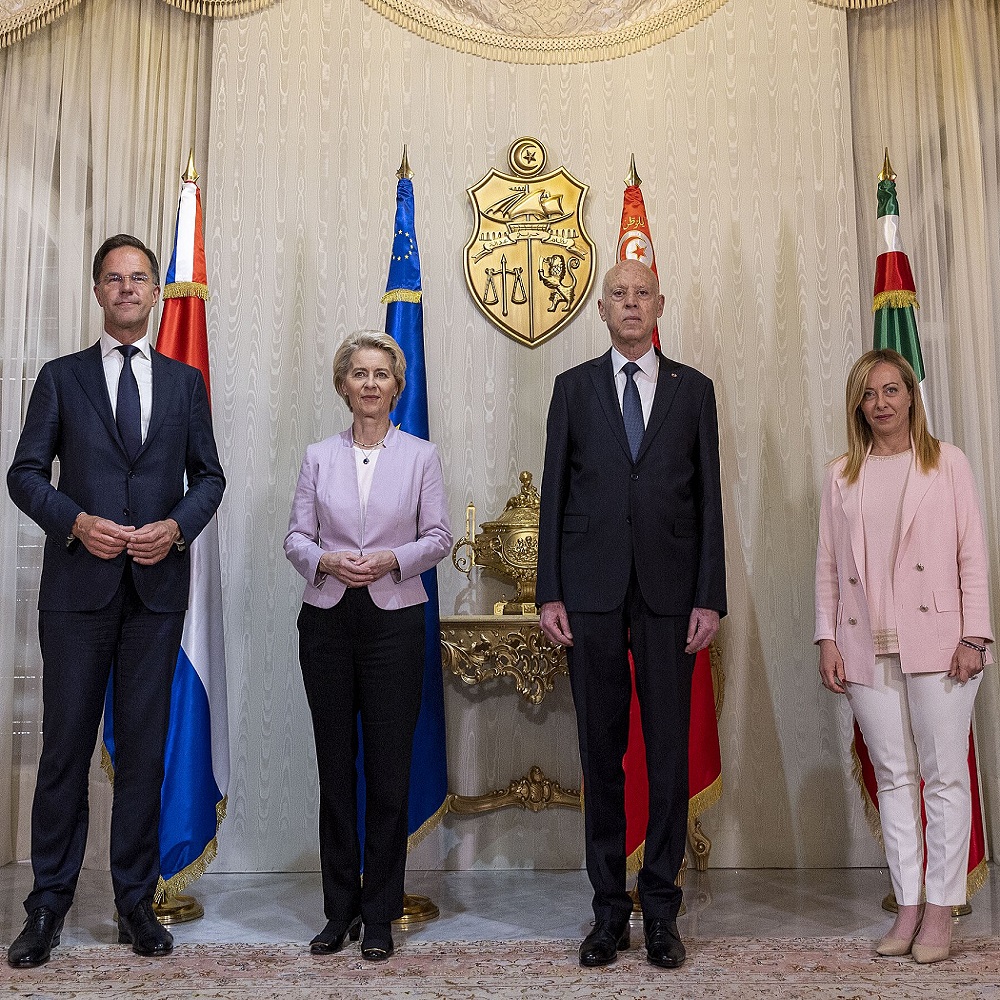
To Deal or Not to Deal: How to Support Tunisia out of Its Predicament
by Michaël Béchir Ayari and Riccardo Fabiani
Tunisia is beset by deepening political and economic challenges. President Kais Saied is transforming the country’s parliamentary system into an authoritarian presidential one that has become increasingly repressive. Arrests and convictions of opposition politicians have surged. Saied’s aggressive anti-foreigner discourse has fuelled xenophobic sentiment and contributed to a spike in violent attacks against sub-Saharan migrants. Economically, Tunisia is grappling with the fallout of a decade of sluggish growth compounded by a series of economic shocks since 2020. The nation’s public debt has soared, with significant debt repayments looming. As the country tries to deal with mounting financial constraints, its inability to attract foreign loans is further clouding its economic future. Saied now must decide whether to embrace a credit agreement with the International Monetary Fund (IMF) or potentially default on Tunisia’s foreign debt. Against this backdrop, the EU and, in particular, Italy have a pivotal role to play. They can either help steer Tunisia toward a more stable economic future or watch it descend into chaos. A worrying political and economic outlook While the protests that led to the Arab Spring began in Tunisia, the promise of a more democratic and egalitarian society in the North African country did not come to fruition. To be sure, the protests did lead to the overthrow of autocratic Tunisian President Zine El Abidine Ben Ali in 2011. Moreover, Tunisia was the sole country to emerge from the regional uprisings with a new democracy. That experiment, however, foundered after Saied – who was elected to the presidency in 2019 – seized a monopoly on power in July 2021. Over the past two years, he has replaced the country’s semi-parliamentary system with one lacking checks and balances, consolidating power in his hands. People’s fear of repression resurfaced. Since mid-February 2023, arrests and convictions of public figures, especially politicians, have accelerated, undermining a disorganised and divided opposition. Meanwhile, large sections of the population have focused on survival in the face of a worsening economic crisis and have increasingly disengaged from politics. President Saied has attempted to shore up his dwindling support by pushing nationalist policies. He has jailed members of the opposition in a move that seems aimed at bolstering his standing with swathes of the public who are frustrated with the former political class. Saied has also xenophobically accused sub-Saharan migrants of conspiring to change Tunisia’s identity, creating a climate conducive to repeated violent attacks against a vulnerable minority. Economically, the country is still reeling from a decade of slow growth. After the 2011 uprising, the Tunisian government combatted rising unemployment in part by hiring hundreds of thousands of civil servants. Today, the public sector is the country’s largest employer and half of the annual budget is spent on the public payroll. At the same time, public and private investment in infrastructure, research and other growth-enhancing spending items has dropped significantly, leading to a sharp decline in GDP growth. External factors also chipped away at the Tunisian economy. The Covid-19 pandemic brought a collapse in tourism. Russia’s invasion of Ukraine, meanwhile, led to a spike in commodity prices. Surging inflation – particularly in food prices – and shortages of basic goods have eroded Tunisian living standards. Against this backdrop, Tunisia’s public debt has skyrocketed, reaching nearly 90 per cent of GDP in 2022, with substantial financing requirements needed to maintain current levels of spending. Credit rating agencies have downgraded the country as it struggles to balance its budget. The latest downgrade took place in June, when Fitch lowered Tunisia’s rating to CCC- (well into junk status territory). As a result, access to international financial markets has been virtually shut off, given the prohibitive interest rates (over 20 per cent) that this sovereign rating would entail. While the current account deficit has shrunk and foreign currency liquidity has improved over the past few months because of an uptick in tourism revenues and remittances from Tunisians working abroad, servicing its external debt will continue to be extremely challenging. With 2.6 billion US dollars in repayments scheduled for 2024 (including a euro-denominated bond maturing in February, equivalent to 900 million US dollars), it is still unclear how the government will be able to secure sufficient funds to meet these liabilities. The 2024 budget draft anticipates loans from Algeria and Saudi Arabia, as well as other, as yet unknown, external sources. The IMF deal and the role of the EU Despite these financing difficulties, Tunisia has not yet signed a deal with the IMF. In October 2022, Tunisia and the IMF agreed on the terms of a 48-month, 1.9 billion US dollar loan aimed at stabilising the economy, but Saied rejected the deal, fearing social unrest from cutting subsidies and reducing the public sector wage bill. The IMF board postponed the deal in response. Since then, the president has remained steadfast in his rejection of what he calls “foreign diktats” from the IMF and Western states. The Europeans – in particular, Italy – have pressed the IMF to reopen negotiations and offered incentives to persuade Saied to accept a revised deal, despite their internal divisions on how to treat Tunisia. They are applying this pressure largely because the economic fallout from a debt default could further increase the number of people – both nationals and migrants from sub-Saharan Africa – leaving Tunisia for Europe. While some EU member states, such as Germany, have taken a more critical stance towards Kais Saied’s authoritarian turn, eventually the migration, security and economic interests of Italy and, to an extent, France seem to have prevailed within the EU. Due to its geographic proximity to Tunisia, Italy would receive a majority of a migration influx, at least initially. For this reason, the Italian government has reiterated its concerns over Tunisia’s economic situation on multiple occasions, while refraining from expressing any criticism of the country’s increasingly authoritarian turn and violent attacks against sub-Saharan migrants. The EU has offered incentives to Tunisia to accept a deal with the IMF. After Giorgia Meloni and later EU Commission President Ursula von der Leyen and Dutch Prime Minister Mark Rutte visited Tunis in June, they unveiled 900 million euros in macro-financial assistance conditioned on a deal with the IMF and 105 million euros for joint cooperation on border management and anti-smuggling measures to reduce irregular migration to Europe. Despite the sweeteners the EU offered, the likelihood of a revised deal between Tunisia and the IMF has receded. In August, Saied removed the head of government, Najla Bouden, who had been directly involved in the negotiations with the IMF, and replaced her with a more pliant official, Ahmed Hanachi. Since then, Tunisia hasn’t put forward a revised proposal to the IMF. In October, the president reinforced his position by sacking Economy Minister Samir Saied after the latter claimed that a deal with the IMF would send a reassuring message to Tunisia’s foreign creditors. Tunisia has also rejected part of the funds offered by the EU. On 3 October, Saied rejected the first tranche of EU financial help, declaring that this “derisory” amount ran counter to the agreement between the two parties and was just “charity”. The repercussions of this refusal on the rest of the EU’s financial incentives are unclear. A fork in the road There are obvious reasons for Tunisia to secure a loan from the IMF. It would send a reassuring signal to Tunisia’s foreign partners and creditors. It could encourage Gulf Arab states to provide additional financial support in the form of government loans and deposits with the central bank, and investment in the economy. That would provide the Tunisian government with breathing space. But implementation of reforms required under the loan’s terms could set off anti-government protests by the country’s main trade union (the UGTT) and, in turn, government-led repression. To forestall such a scenario, the president himself could incite protests and riots by using nationalist rhetoric to scapegoat the IMF for any unpopular measures required by the loan. A no-agreement scenario, however, would have much more severe and potentially even catastrophic consequences. Without a loan, Tunisia would struggle to find alternative funding sources to meet its scheduled foreign debt repayments. Saied could then resort to a politically motivated strategic default, followed by negotiations to restructure the country’s external debt. Some Tunisian economists and supporters of the president are advocating for this approach: they say that declaring bankruptcy on external debt would allow the government to hammer out a restructuring plan with creditors and argue that the impact on the economy would be fairly limited, thanks to Tunisia’s capital controls and its banking sector’s low exposure to foreign bonds. But this approach carries great risk, as a foreign debt bankruptcy could lead to a run on Tunisian banks and destabilise the financial sector. In addition, the government could end the central bank’s independence to print money, fuelling an inflation spiral. Politically, a default and its socio-economic repercussions could open the door to a dangerous spiral of social and criminal violence. It could also boost irregular outward migration, with Tunisians fleeing the growing political and economic chaos. Widespread protests may erupt against the disastrous social effects of the president’s failed economic policy, prompting a violent response targeting businesspeople and political opponents for their alleged links to the West, as well as Western diplomats and the local Jewish community. Balancing economic support and respect for rights In light of these two possible scenarios, the EU and Italy should continue to encourage the Tunisian authorities to negotiate with the IMF, which remains the least politically and economically destabilising option on the table for Tunisia, if carried out with due care. At a minimum, a revised deal should include reduced expenditure cuts compared with the earlier proposal, particularly in the context of energy subsidies. At the same time, Italy and the EU should exercise caution and avoid turning their understandable concerns about Tunisia’s stability into a blank check for the president. In particular, they should press the authorities to rein in the abuses perpetrated against migrants and stave off potential attacks against opposition politicians, businesspeople and the local Jewish community. Aside from humanitarian considerations, this would serve Italy’s overarching goal of curbing migration: after all, attacks against the sub-Saharan minority have spurred outward migration, a trend that would accelerate if government persecution becomes even more severe. While supporting the deal, however, the EU and Italy should also prepare for the possibility of Tunisia continuing to reject it and declaring a foreign debt default. In such a scenario, the EU should be prepared to offer emergency financing to the country to help with imports of wheat, medicines and fuel. In doing so, the EU should synchronise the positions of member states to prevent conflicting agendas. Schisms have already emerged between countries like Germany and Italy over how to address Tunisia’s authoritarian drift. For this reason, acknowledgement of the importance of internal stability could provide a common ground in overcoming divisions and helping prevent a new wave of anti-migrant violence.









